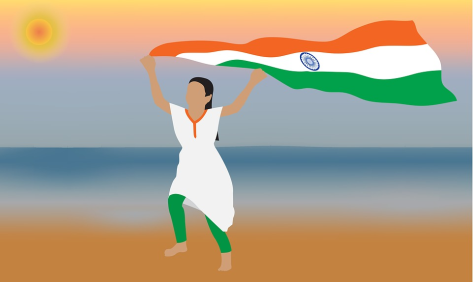
India Freedom Report records
a further erosion of essential freedoms
New Delhi, May 8, 2017.: Over the last 16 months, the
state of press freedom, freedom of expression, online freedom and personal
freedoms, documented systematically, have together produced an overall sense of
shrinking liberty not experienced in recent years. Released on World Press
Freedom day, 2017, new India Freedom Report, January 2016 ti April 2017 is a
carefully documented narrative of the level of press and other freedoms in
India. The Report is the latest in a
series that has been published regularly by The Hoot
The Report documents 54
attacks on journalists in India that were reported in the media. Last week the
Minister of State for Home Affairs Hansraj Ahir said during question hour in
the Lok Sabha admitted that142 attacks on journalists took place between
2014-15.
Cases of digital censorship
recorded and reviewed concerned Facebook posts or likes and shares by citizens.
For example, with the announcement of demonetization, a district collector in
Madhya Pradesh imposed restrictions on “misleading” posts on social media
relating to demonetization.
The cases of sedition and
defamation and of censorship of films and other arts reached record numbers. In
2016 the courts were tested constantly on the issue of freedom of expression. The
orders and rulings in the Supreme and High Courts this year spanned the gamut
of conflicts between state and journalist, state and artist, state appointed
censor board and film makers, legislature and media, state and political
opposition, and the conflict between societal censure and free expression.
Has the Government been
watering down the Right to Information (RTI) Act which was enacted in 2005? This
has resulted in a denial of the access to information the press needs to do its
job. Journalists increasingly use the law for their own investigations, and
frequently rely on the tenacity of the country’s RTI activists to get
information about governance and socio-economic development.
The Internet was shut down
31 times in India in 2016 and 14 times in 2017. Of these 12 shutdowns in 2016
were as preventive action, 19 as reactive action. In 2017, nine shutdowns were
preventive action, five5 reactive actions.
The Report appears to
indicate a deteriorating state of freedoms of interaction and communication of
all kinds that does not brook well in a democracy.
For full report see The Hoot http://bit.ly/2qinlCv
Posted on :
May 08, 2017